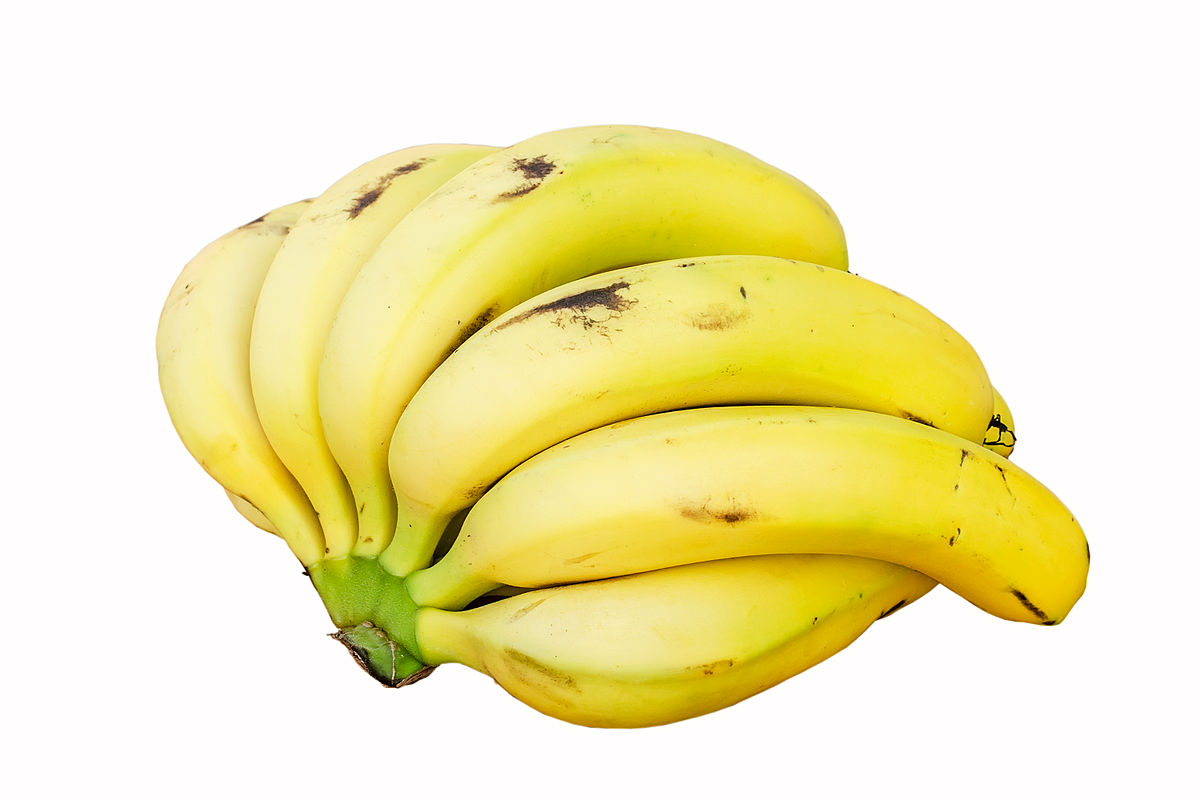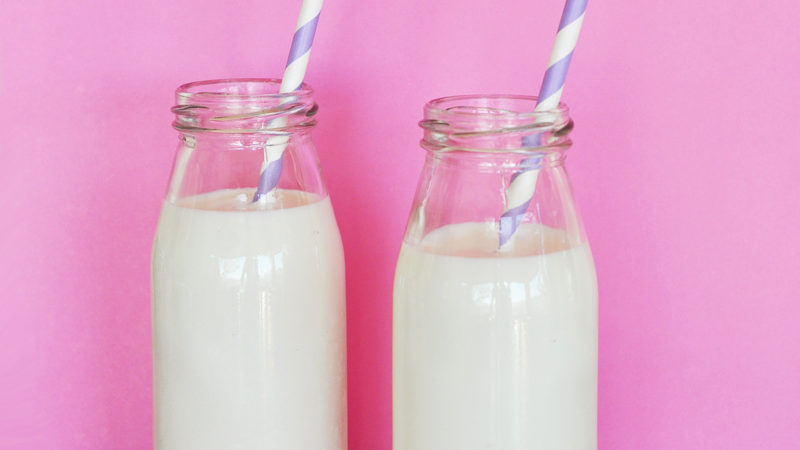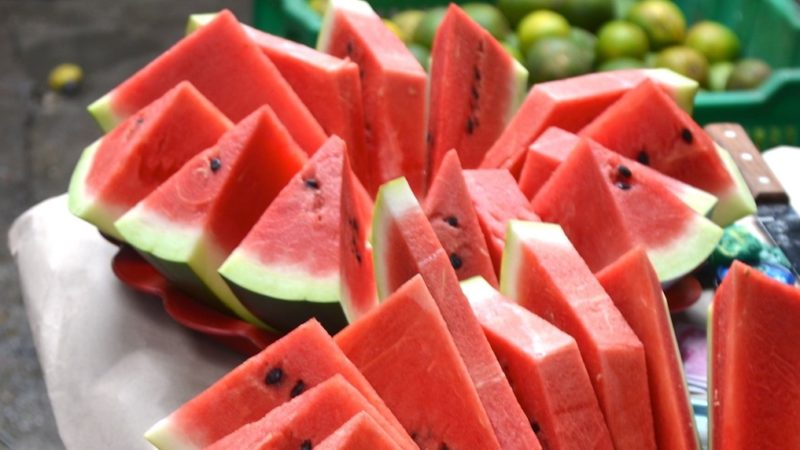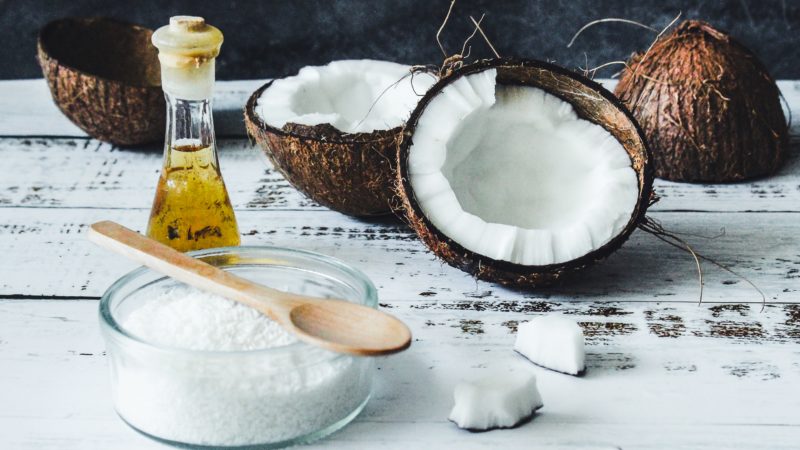Are Bananas Good For Diabetics?-Facts About Bananas

People with diabetes have to avoid many tasty sweet dishes to make their blood sugar level under control. But that’s not the case with bananas. Now you must be wondering, are bananas good for diabetics? Yes, it is!
Banana has many health benefits that you cannot avoid. It is rich in both carbs and natural sugar and nutrients that can raise your blood sugar level.
But then you must be thinking of how we consider banana as a nutrition fact for people with diabetes.
Here is an article with some significant points and portions you must consume to take essential nutrients in the banana.
Are Bananas Safe For Diabetics?
Eating fruits and vegetables can lead to a better lifestyle by lowering heart risk, cancer, and other harmful diseases. Most dieticians recommend eating in a proper portion of everything, even if you have diabetes.
When we think of bananas, many questions come to mind like do banana cause constipation, or are they good for diabetics, etc.
Let us tell you that banana has a lot of nutritional and health benefits due to which you must consume even if you have diabetes.
If you are a diabetic then it is better to take small portions of bananas instead of consuming candies or cakes. Bananas are rich in fibers, vitamins, minerals, and antioxidants that can enhance your overall health.
Please scroll down to know more facts about banana and its relation to diabetes.
Interesting Facts about Bananas
Here we have listed some facts about the banana. Look at these facts to remain careful against diabetes.
Banana consist of Carbs, Which Raise Blood Sugar level
Most of the percentage of the calories in bananas comes from carbs. These carbs are present in the banana in the form of starch, fiber, and sugar. A medium-sized banana has 14 grams of sugar and 6 grams of starch.
Carbs can raise your blood sugar level and can affect your body severely when consumed in extreme quantities.
If you have diabetes, ensure the type and the number of carbs you include in your diet.
A non-diabetic person’s body produces insulin if the blood sugar level rises. But that’s not the case with diabetic people; their bodies don’t respond to high blood sugar levels.
You must take care of the portion and amount of banana you’re consuming to avoid negative effects.
Banana consist of Fiber, Which May Reduce Blood Sugar Spikes
A medium-sized banana also consists of 3 grams of fiber complementary to other elements like starch and sugar.
Even a diabetic person must eat bananas to take the potential nutrients and health benefits it offers. Fiber helps the body to slow down the process of absorption and digestion of carbs. It means banana can also help you maintain your blood sugar level.
Green or Unripe Bananas consist of Resistant Starch.
Banana’s ripeness decides the type and amount of carbs present in that specific banana. Green or unripe banana consists of less sugar and more resistant starch.
Resistant starch is a long chain of glucose that resistant to digestion. This means they work the same as fibers and won’t cause a rise in the blood sugar levels.
However, they may also help feed the healthy bacteria present in your gut. It can also improve metabolic health by keeping the blood sugar level under control.
Portion Is Important
In the above points, we have talked about that banana ripeness is the factor that controls the blood sugar level. But let us tell you the fact that it is not the only factor when we talk about sugar amount in your banana.
Size or portion also matters to count the number of carbs present in the banana. It means the bigger the banana, the more amounts of carbs you will be consuming.
This portion-size is used to calculate the glycemic load, which tells us about the number of carbs present in the banana.
Let’s look on these estimated glycemic loads of different sized bananas-
- An extra-large banana (9 inches or longer) has almost grams of carbs.
- A large banana (8–8.9 inches) long has 31 grams of carbs.
- A medium banana (7–7.9 inches) long has 27 grams of carbs.
- A small banana (about 6–6.9 inches) long has 23 grams of carbs.
- An extra small banana (6 inches or less) has 18 grams of carbs.
Check the above-mentioned carb amounts to keep your blood sugar level under control.
Hence, it’s significant to be aware of the portion and size of the banana you are consuming.
Tips For Eating Bananas If You Have Diabetes
It is perfectly acceptable to include banana in your balanced diet even if you have diabetes. Follow the below-mentioned tips to control the banana intakes to keep your blood sugar level.
Opt a firm and ripe banana
Choose an overly ripe banana to avoid the high sugar content level in the banana.
Check on portion size
Always eat a smaller portion of the banana to reduce the sugar level.
Consume it with other foods
You can also consume bananas by adding it to other foods like nuts and yogurt to absorb the sugar content.
Divide the banana consumption throughout the day
Divide the banana intake throughout the day to make your sugar level stable and in control.
If you have diabetes, make a proper note of carb-containing fruits to keep the account of blood sugar level.
However, you must monitor banana amount consumption and blood sugar level to manage your eating habits accordingly.
Final Words
Bananas have numerous health benefits and nutrient facts that can help you fight many body ailments or diseases.
You might have asked yourself several times that Are bananas good for diabetics? Your concern is obvious. Bananas offer you potassium, fiber, vitamin B6; vitamin C. Eat in smaller portions to enjoy the natural sugar of banana!
Comment down below if you found this article helpful.




